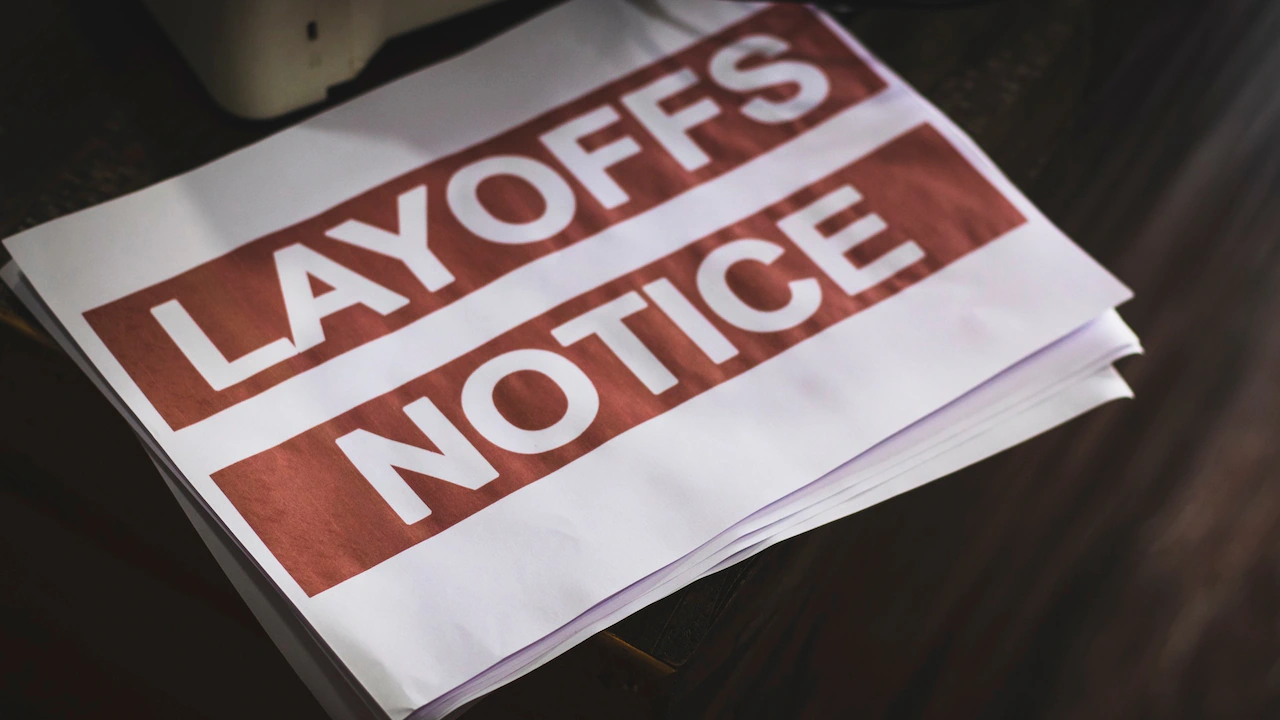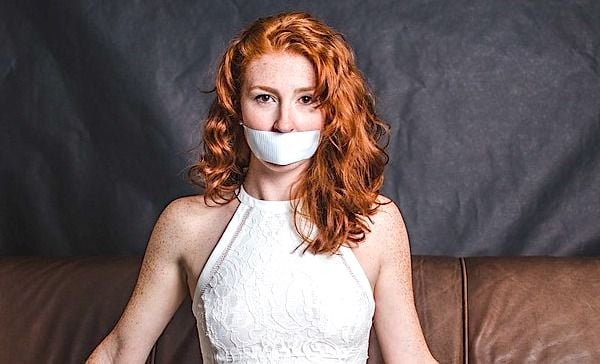Copyright hoodline

In a recent legal showdown, Cameo, the company renowned for its personalized shoutout videos featuring celebrities, has filed a lawsuit against OpenAI, an artificial intelligence outfit, over the latter's use of the term "Cameo" in its video-generating app, Sora. Steven Galanis, the chief executive officer at Cameo, took his grievances public with a LinkedIn post stating, "We just sued OpenAI—and here's why it matters to every creator, fan, and innovator reading this," he announced the lawsuit as a stand to protect "authentic creator-fan connections" and made it very clear that Cameo is not opposed to AI but will defend what they've built over the years LinkedIn. The suit, which was filed in the Northern District of California on Tuesday as reported by The Verge, claims OpenAI's new Sora app's, "Cameo" feature infringes on Cameo's federally registered trademark, and is causing confusion among customers who now struggle to differentiate between the AI-powered avatars and the authentic celebrity videos that Cameo pioneered; the problem is exacerbated with instances such as customers reaching out to Cameo's support for issues related to Sora and ChatGPT directing users to Cameo instead of OpenAI, while Galanis mentioned that this isn't about stifling innovation, it's a fight against what he considers to be "trademark hijacking" by a much larger player in tech. According to Reuters, Cameo's complaint amplifies the issue by alleging that OpenAI deliberately chose the "Cameo" name with blatant disregard for the possible market confusion it would create, thus risking dilution of the Cameo brand which has long stood for genuine connections between celebrities and their fans, and Sora's allowance for users to create deepfake videos featuring stars like Mark Cuban and Jake Paul puts it squarely in direct competition with Cameo's core offerings. Meanwhile, in response to these allegations, an OpenAI spokesperson, Oscar Haines, spoke to The Verge to relay their stance saying, "We're reviewing the complaint, but we disagree with these claims and will defend our view that no one can claim exclusive ownership over the word 'cameo'," implying that the company believes the term is too generic to be owned by any one entity, a point that will likely be a cornerstone of their legal defense as the case unfolds and which Cameo refutes given their tenacious approach to solidify their market position and protect what they define as a cornerstone of their business model and brand identity from being unfairly used by a tech giant.



